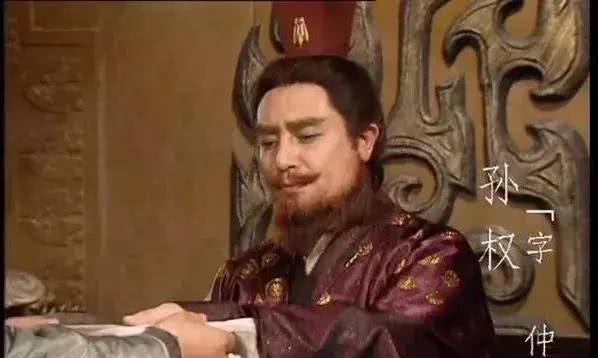Sun Quan lived for nearly 30 years from Liu Bei's death in 223 AD until his own death. In 252 AD, Sun Quan died at the age of seventy.
The brilliance of Sun Quan's life was to sneak attack Jingzhou, and the turning point of his rise was also to sneak attack Jingzhou.

Later, people commented that the Wu army at that time was not without combat effectiveness, nor was it without cohesion. The Hao clans of Eastern Wu were not interested in expanding their territory, nor were they willing to follow Sun Quan in attacking the State of Wei and weakening their own power.
This problem, in turn, also proves that Wu Jun has a strong sense of responsibility for defending the land and attaches great importance to his own acres and three points of land. Be able to resolutely resist enemy invasions.
In other words, the Eastern Wu army did a good job of defending the country. However, when expanding the territory, it can only be described as unsatisfactory.
During Sun Quan's reign, with his prestige, he was also able to handle the relationship between the three major factions of Eastern Wu (Huaisi generals, exiled Northern Shi, and Jiangdong Shi). Let the Eastern Wu regime survive under the pressure of Cao Wei.
However, the conflict between the various interest groups in Eastern Wu is irreparable. In this way, it is impossible to give Sun Quan the conditions and space to make a difference.
After Liu Bei and Cao Cao died, why did Sun Quan still do nothing? In the final analysis, the Eastern Wu regime at that time did not support Sun Quan's forge ahead.
Besides, Sun Quan is not a man who can fight. Not to mention that compared with Cao Cao and Liu Bei, he and his contemporaries Zhuge Liang and Sima Yi were all different.
Sun Quan was well aware of his weaknesses, and after establishing the three points of the world, he retained a great deal of restraint in expanding his territory.